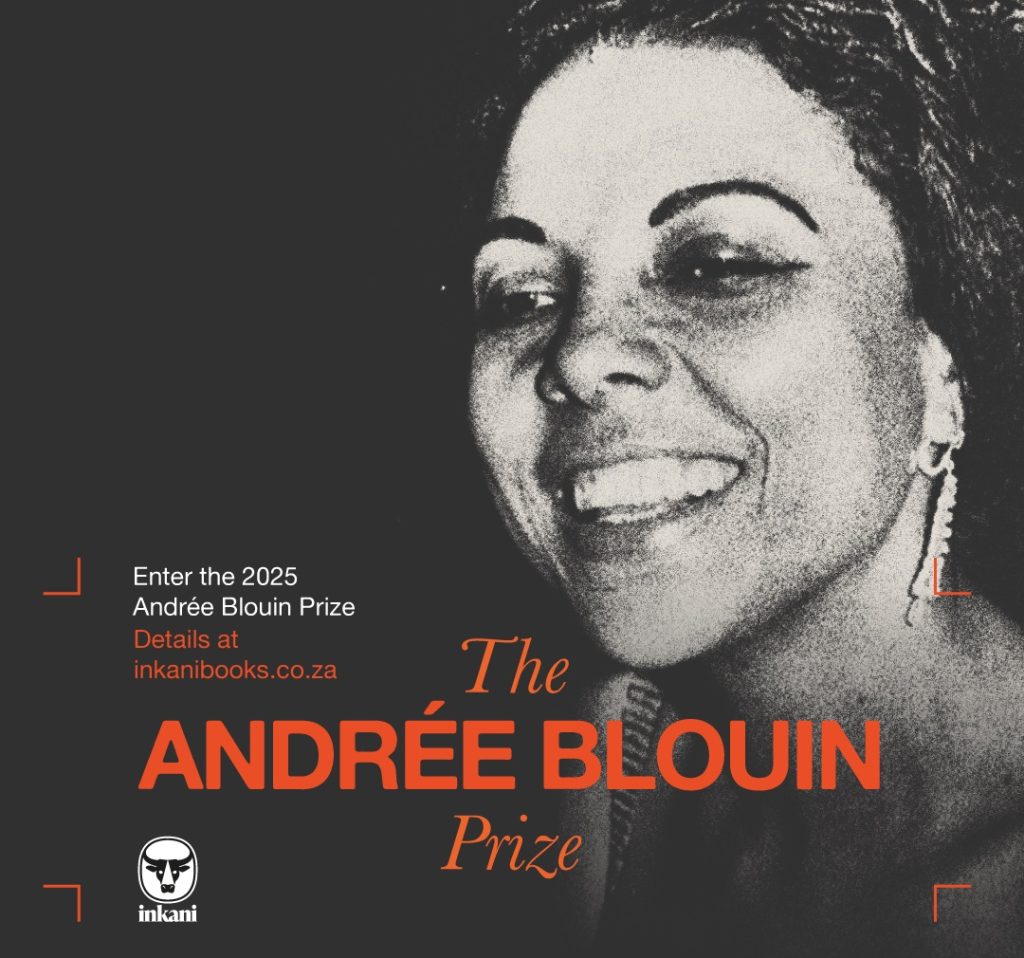by VIJAY PRASHAD

There is a rich tradition of women writers on the African continent who have played key roles in publishing and national liberation movements alike, from Andrée Blouin to Flora Nwapa. Learn more about their legacy and efforts to carry forward their torch today.
Dear friends,
Greetings from the desk of Tricontinental: Institute for Social Research.
In 1962, Florence Nwanzuruahu Nkiru Nwapa (1931–1993), mostly known as Flora Nwapa, sent a book manuscript to the Nigerian writer Chinua Achebe (1930–2013). Four years earlier, Achebe, at the tender age of twenty-eight, had published his landmark novel Things Fall Apart with Heinemann. The novel arrived in Heinemann’s London office as the decolonisation movement began to change the shape of the African continent (Ghana won its independence in 1957, three years before Nigeria – both countries with an English-speaking population, however small, that used Heinemann’s science and English books in their education system). Achebe’s book inspired Heinemann’s Alan Hill to recruit Evander ‘Van’ Milne from Nelson Publishers (where Milne had published the autobiography of Kwame Nkrumah in 1957). Both Hill and Milne had left-wing politics, which is why Heinemann’s African Writers Series (AWS) published the work of Nkrumah, Kenneth Kaunda, and other national liberation leaders. By the time Flora Nwapa sent her book to Achebe, he was working as an advisor to the AWS and sent her money to mail her manuscript to London.
Heinemann published Nwapa’s book Efuru in 1966, making it one of the first English-language novels by an African woman to be published and the twenty-sixth in the series. The next book by a woman, again Nwapa, was Idu (1970), the fifty-sixth in the series. The women authors in this landmark series of African fiction were stunning both for their brilliance and their rarity:
No. 100: Bessie Head (South Africa), Maru (1972)
No. 131: Doris Lessing (Zimbabwe), The Grass is Singing (1973)
No. 149: Bessie Head (South Africa), A Question of Power (1974)
No. 159: Martha Mvungi (Tanzania), Three Solid Stones (1975)
No. 177: Nadine Gordimer (South Africa). Some Monday for Sure (1976)
No. 182: Bessie Head (South Africa), The Collector of Treasures (1977)
No. 203: Rebeka Njau (Kenya), Ripples in the Pool (1978)
No. 227: Buchi Emecheta (Nigeria), The Joys of Motherhood (1979)
No. 220: Bessie Head (South Africa), Serowe: Village of the Rain Wind (1981)
No. 248: Mariama Bâ (Senegal), So Long a Letter (1989)
The former French and Portuguese colonies were no different in this regard. Aminata Sow Fall of Senegal led the way with Le revenant (The Ghost, Dakar: Nouvelles Editions Africaines, c. 1976) in French while Paulina Chiziane of Mozambique led the way in Portuguese with Balada de Amor ao Vento (Love Ballad to the Wind, Maputo: Associação dos Escritores Moçambicanos, 1990) alongside Filomena Embaló of Guinea-Bissau with Tiara (Tiara, Lisboa: Instituto Camões, 1999). Each of these books is grounded in the struggle for freedom.
Meanwhile, Mabel Dove Danquah and Efua Sutherland pioneered journalism in Ghana, with Danquah running Accra Evening News in 1951 and Sutherland running the literary magazine Okyeame and founding the Ghana Society of Writers in 1957 (Sutherland also created the Ghana Experimental Players and Ghana Drama Studio in 1961). In South Africa, Noni Jabavu published her memoir Drawn in Colour: African Contrasts with the London-based publisher John Murray in 1960 while Miriam Tlali published her fabulous novel Between Two Worlds (originally released as Muriel at Metropolitan) with Ravan Press in 1975. In Kenya, Grace Ogot became the first woman to be published by the East African Publishing House with her novel The Promised Land (1966) while in Nigeria Zulu Sofola produced her play The Deer and The Hunters Pearl (1969). Egypt’s Nawal El Saadawi, Morocco’s Khanata Banuna, and Algeria’s Assia Djebar broke ground for many other women writing in Arabic. There is a rich tradition of women writing on the African continent.
The Tricontinental for more
